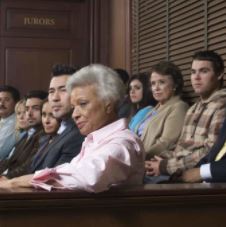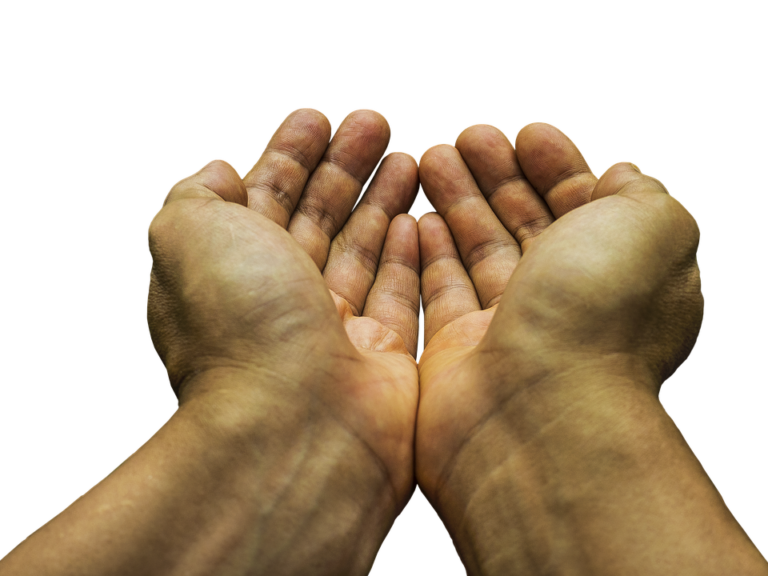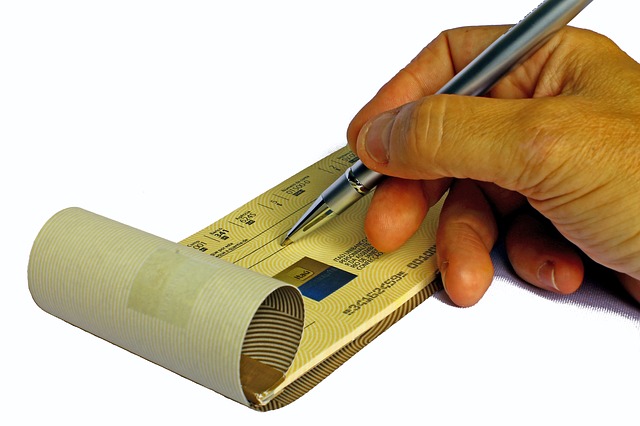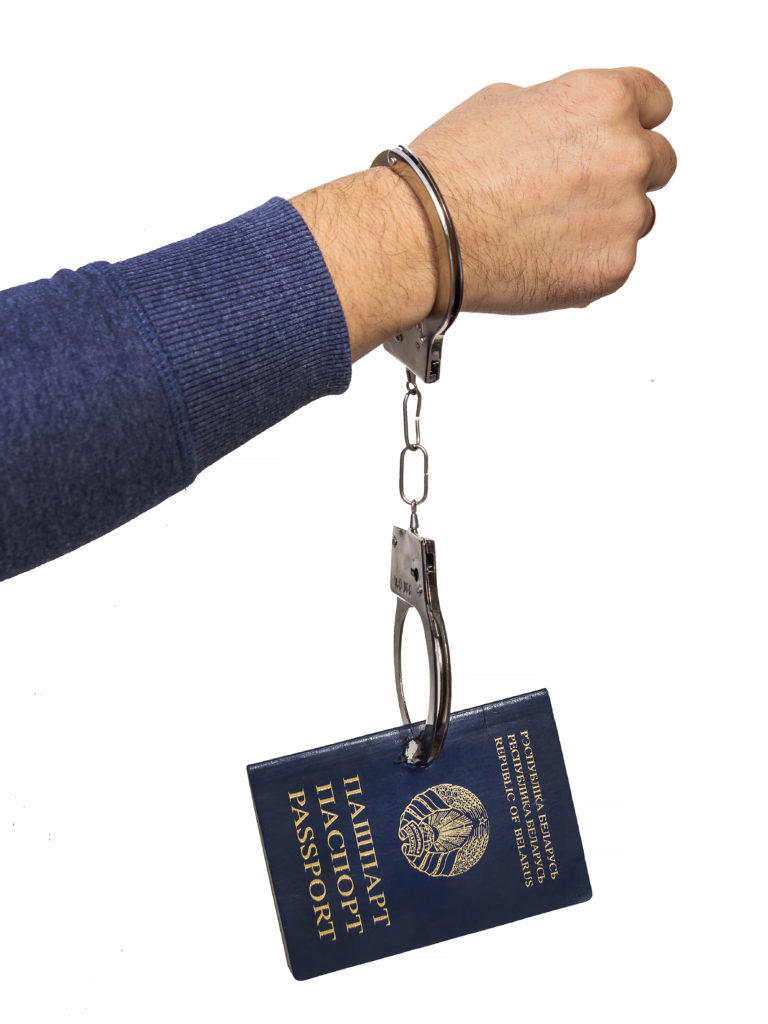How Does the Grand Jury Process Work in a Criminal Case?
Before charges may formally be laid in a criminal case, the prosecutor must bring that case in front of a grand jury. The grand jury decides whether the prosecution has enough evidence to proceed.
If they decide the prosecutor has sufficient evidence, the prosecutor can charge an individual with a crime and the criminal justice process moves forward.
What happens in a Grand Jury Proceeding
In a federal case you’ll receive formal notice that the prosecutor believes you’ve committed a crime, but you might not be present for the grand jury hearing. The grand jury listens to the prosecutor and the witnesses and doesn’t necessarily hear from the defense. A defendant can choose to testify in front of a grand jury but this determination must be made carefully. They do so on a voluntary basis, and they often do so at a disadvantage.
There’s no judge and no cross-examination.
In addition, the jury votes in secret and the entire process is sealed. Jurors, attorneys, and witnesses are not allowed to talk about what happened during a grand jury proceeding. Grand Jurors usually do not even know who the defendant is. They simply make a determination of whether the prosecutor has sufficient evidence to proceed.
What cases go before a grand jury?
Any federal case must first go before a grand jury. State laws vary. In New York, Grand Juries are used for felony cases only. How long does a grand jury have to indict you?
A grand jury must indict you before the statute of limitation on the crime runs out. In most Federal cases this will be 5 years. Keep in mind some crimes, like murder, have no statute of limitations upon them.
A grand jury is impaneled for a limited period of time, but it doesn’t help you for a grand jury to fail to reach a conclusion on your case. The prosecutor can just convene a new grand jury when that happens.
Accused of a serious crime?
If someone is convening a grand jury over a crime they think you’ve committed then your time could be short. Most Grand Juries err on the side of indicting. As the saying goes, “you can get a grand jury to indict a ham sandwich.“
The burden of proof for determining whether a crime is worth taking of trial is much lower for the burden of proving defendant is guilty beyond a reasonable doubt. And jurors are subject to bias. Many of us have, for example, been raised on cop shows that make it hard to imagine anyone would end up with a grand jury proceeding arrayed against them unless the cops had already thoroughly examined the evidence and “gotten their man.”
Thus, if you know a prosecutor thinks you’ve committed a crime you need an attorney right away, even if you haven’t been arrested yet.
Contact Koch Law for a consultation today.
See also:
How Long Do The Feds Have to File Charges?
Do Federal Cases Ever Get Dismissed?
How Discovery Works in Federal Criminal Cases






